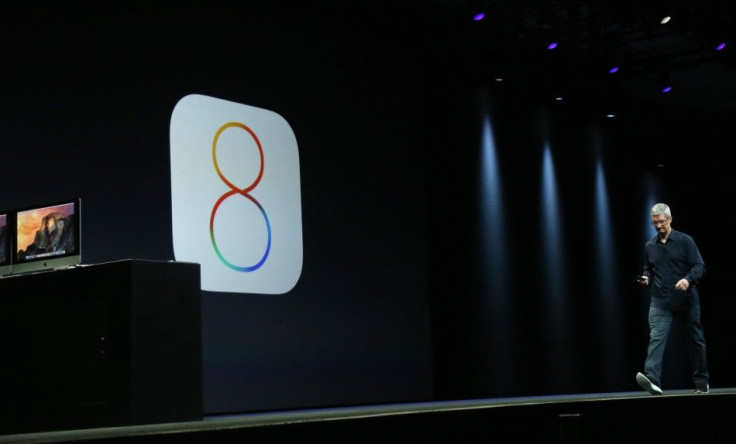Android 5.0 L vs Apple iOS 8: OS Battle for Health and Mobile Supremacy

Tech companies have started taking it to the next level as big names like Samsung, Apple and Google announced their venture into the healthcare industry. Upcoming mobile operating system updates from Apple and Google will reportedly issue platforms featuring apps and functions supporting wearables and other health applications. Who can do it better: Google's Android L or Apple's iOS 8?
Apple and Google have been reportedly preparing a number of wearables with Google partnering with a several companies to release several versions of the Android Wear. Apple, on other hand, will release the iWatch. According to the Motley Fool, Apple may partner with Human and UnitedHealthGroup to boost its iOS 8 HealthKit. Both companies are known to be leading insurers. Apple announced previously during its Worldwide Developers Conference that the HealthKit will be a system that can synchronize data across a variety of wearables, iOS programs and medical devices organizing them into one dashboard application.
The report also indicated that coordination with the two groups should be expected because they have made great strides when it comes to mobile apps. HumanaVitality can be connected to a number of bio-metric and activity-tracking devices under Nike, Garmin and Fitbit.
Google has been in the lead when it comes to cloud-based activities such as Drive and Maps. Nonetheless, analysts believe it stands a good and solid potential against Apple in healthcare. According to the Motley Fool, Google tried to reconcile the healthcare fragmentation through Google Health. This aimed to unify and present electronic health records into one platform. However, the company canceled the program because it did not gather enough support. This time, through Google Fit, the company can synchronize wearables and fitness apps without the insurer or EHR network.
Apple, on other hand, is banking on a number of factors to support its healthcare venture: the 41.9% U.S. market share (via comScore), iOS popularity among hospitals, ease of app development, consumer preference and wearables market growth.
However, if Google wants to control fully and get past iOS in the healthcare industry, it needs to address its fragmentation issues. According to Daze Info, it has been the biggest challenge to the company. Apple works with a "walled garden" thus the iOS is more robust. The report also noted that Google has been targeting to contain the issue through several strategies. This includes creating a pack with leading partners to deliver the most recent software to devices around 18 months following their launch. Google plans to carry this over with its upcoming Android L aiming to do the same with its Android Wear platform. It will be a matter of execution for both Apple and Google.





















